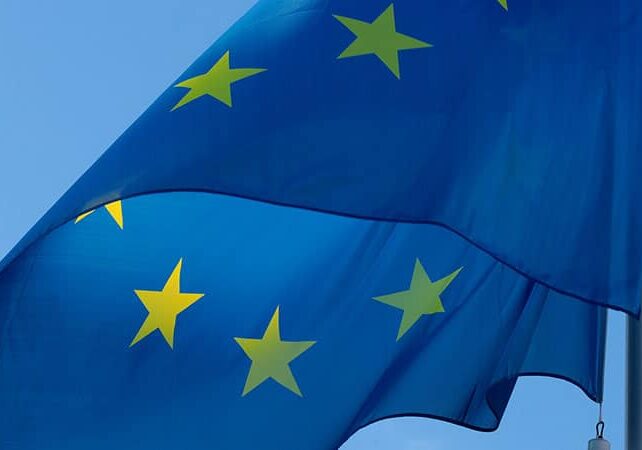
Forming part of the European Travel Information and Authorization System (ETIAS) launching next year, it requires non-EU travelers to apply and pay for a visa waiver before entering a country in the Schengen zone.
However, the program has been modified several times due to complications in the implementation. There are now fears that when the system eventually goes into action, it will create frustratingly long waiting times and the potential for scam websites offering ETIAS enrollment.
At the heart of the system is a new approach to tracking passengers as they enter and leave the EU. The system will become almost fully automated, as travelers need to provide their passport details when enrolling and have their biometric data (fingerprints and facial images) captured at automated barriers. It will do away with immigration stamps in a passport.
This sophisticated technology will make it easier for immigration authorities to track when a person enters and leaves the EU, cracking down on those who overstay their visit.
When ETIAS launches, it will cost non-EU travelers €7 per person to enter. However, while the visa is valid for stays up to 90 days, travelers won’t have to apply for a new ETIAS visa for three years.
This has naturally already led to several scam websites offering ETIAS visas. According to news reports, the EU’s border control agency responsible for the ETIAS has clamped down on 60 such websites. Authorities have urged passengers to only use the official website for information and to pay the fees.
Global Citizen Solutions is a boutique migration consultancy firm with years of experience delivering bespoke residence and citizenship by investment solutions for international families. With offices worldwide and an experienced, hands-on team, we have helped hundreds of clients worldwide acquire citizenship, residence visas, or homes while diversifying their portfolios with robust investments. We guide you from start to finish, taking you beyond your citizenship or residency by investment application. How Can Global Citizen Solutions Help You?

Frequently Asked Questions
When in 2024 will ETIAS start?
ETIAS, the European Travel Information and Authorization System, is set to start in 2025. However, the exact launch date has not been specified. Travelers planning to visit Schengen Area countries will need to apply for ETIAS authorization before their trip. Keep an eye on official announcements for the precise start date.
How much is the entry fee for the EU in 2024?
However, starting in 2025, travelers visiting Schengen Area countries will need to pay a fee of €7 for ETIAS authorization, valid for three years or until the passport expiration date, whichever comes first. Additional fees or requirements may vary depending on individual circumstances and the specific country being visited.
How long will ETIAS be valid for?
ETIAS authorization will typically be valid for three years or until the expiration of the traveler’s passport, whichever comes first. This allows multiple entries into the Schengen Area for stays of up to 90 days within a 180-day period.
What is ETIAs?
ETIAS stands for the European Travel Information and Authorization System. It is a new electronic travel authorization system that the European Union is implementing. ETIAS will require travelers from visa-exempt countries to obtain authorization before entering the Schengen Area for short stays of up to 90 days. This system aims to enhance security and border management while facilitating legitimate travel to the EU.
What is the purpose of the EES?
The EES, or Entry/Exit System, is a European Union initiative designed to strengthen external border management and security. Its primary purpose is to register entry and exit data of third-country nationals crossing the external borders of the Schengen Area, as well as to track the duration of their authorized stay. The system aims to improve the identification of overstays, enhance security checks, and contribute to the fight against illegal migration and terrorism.


